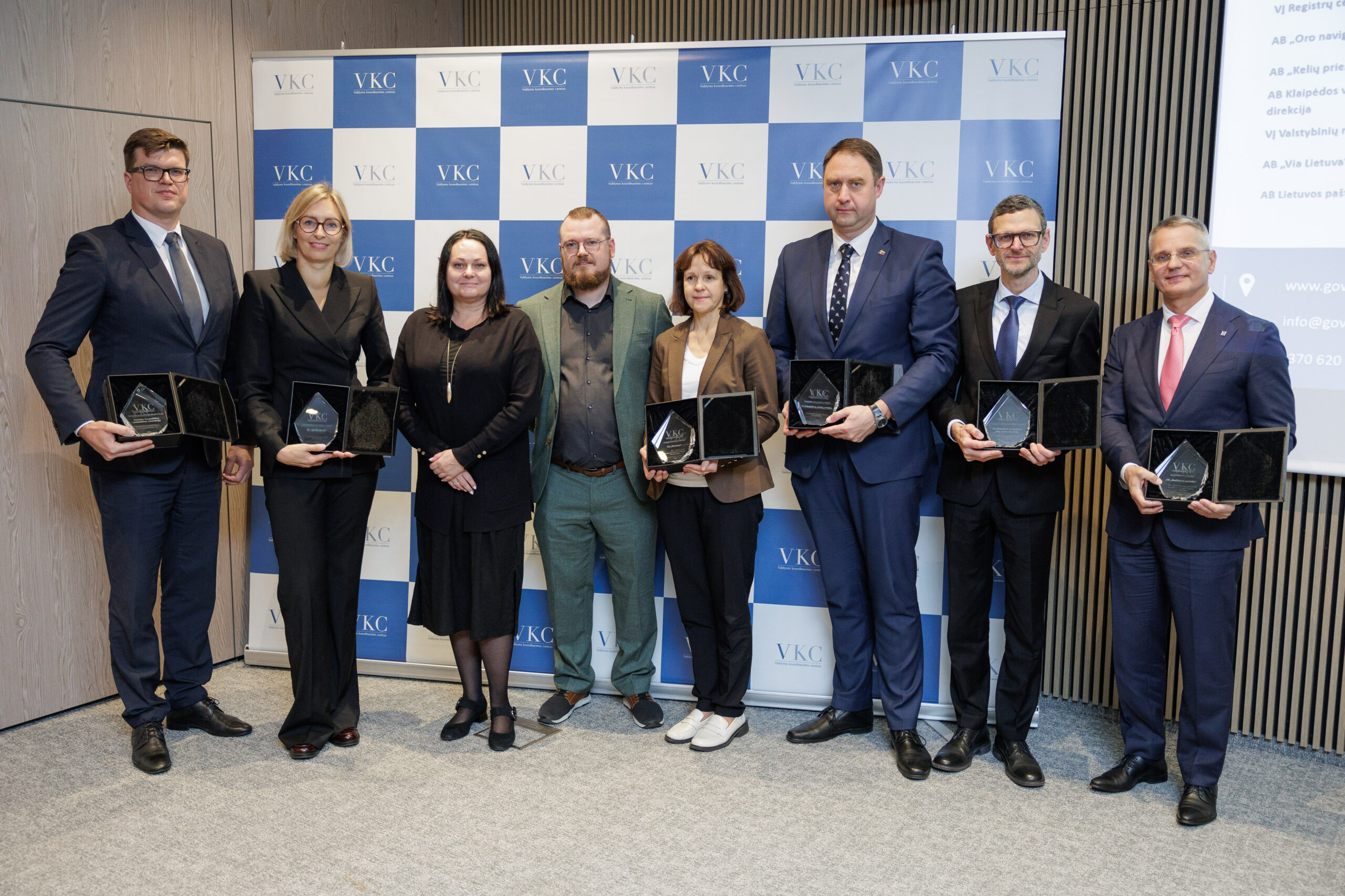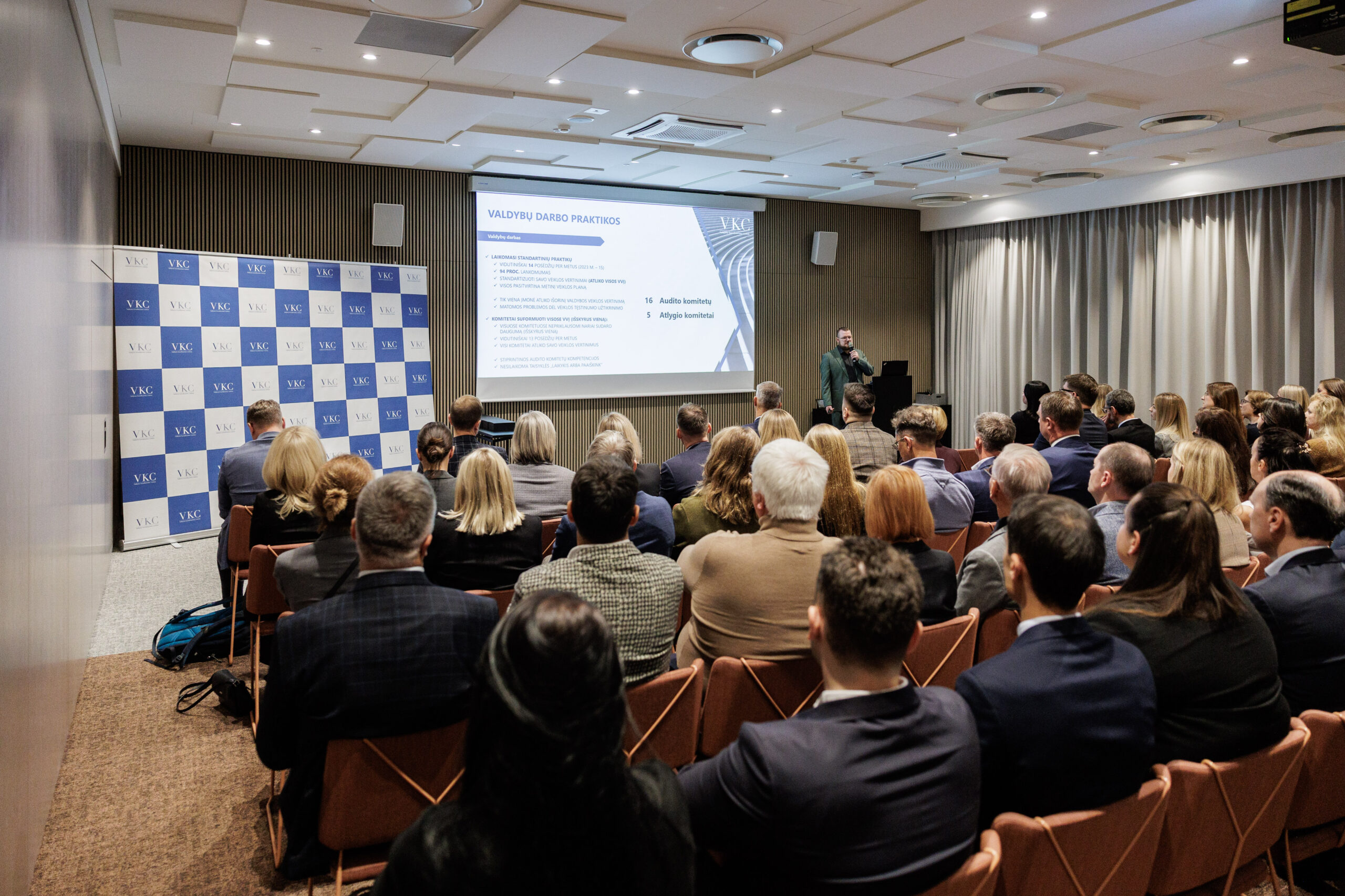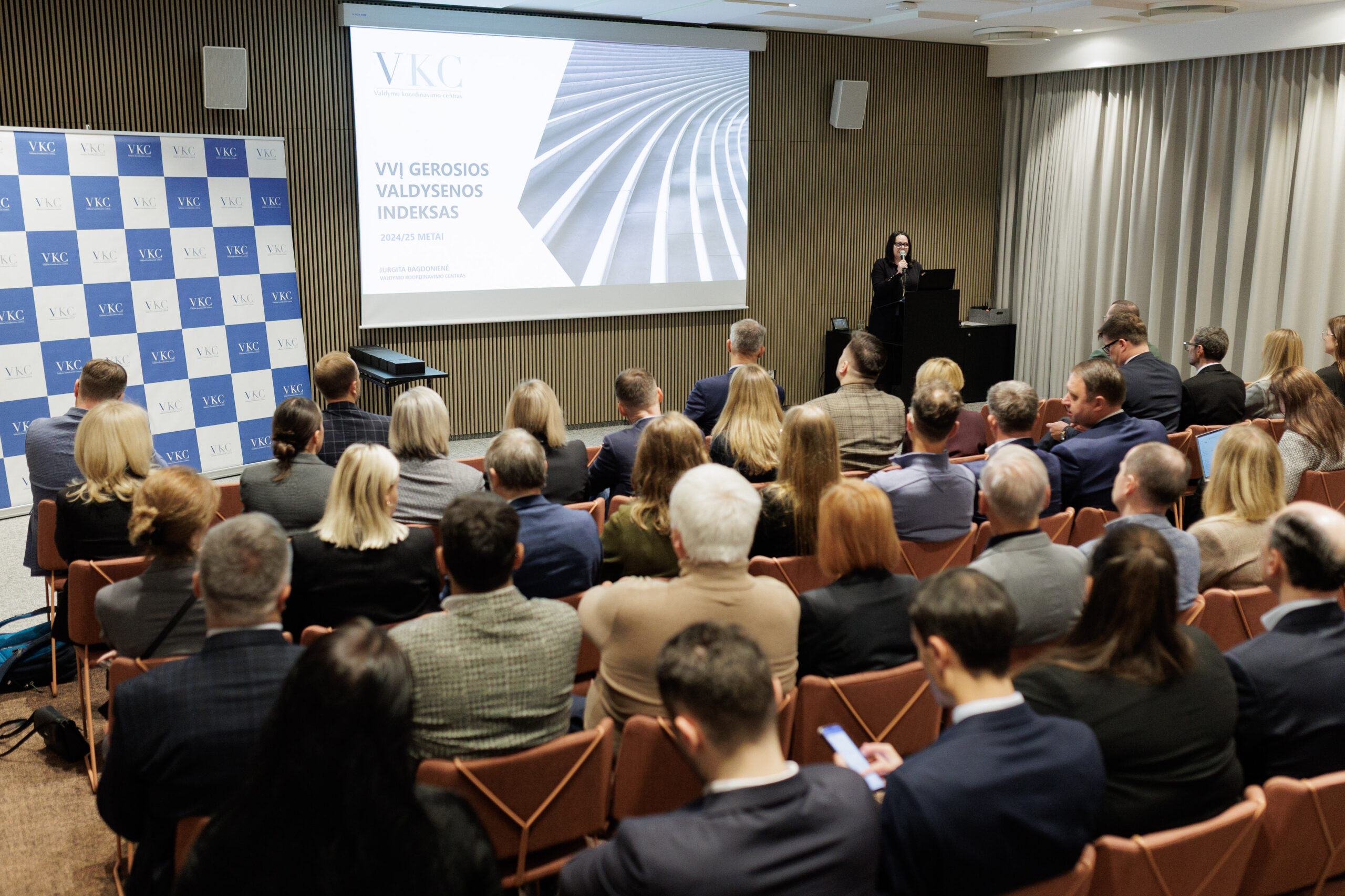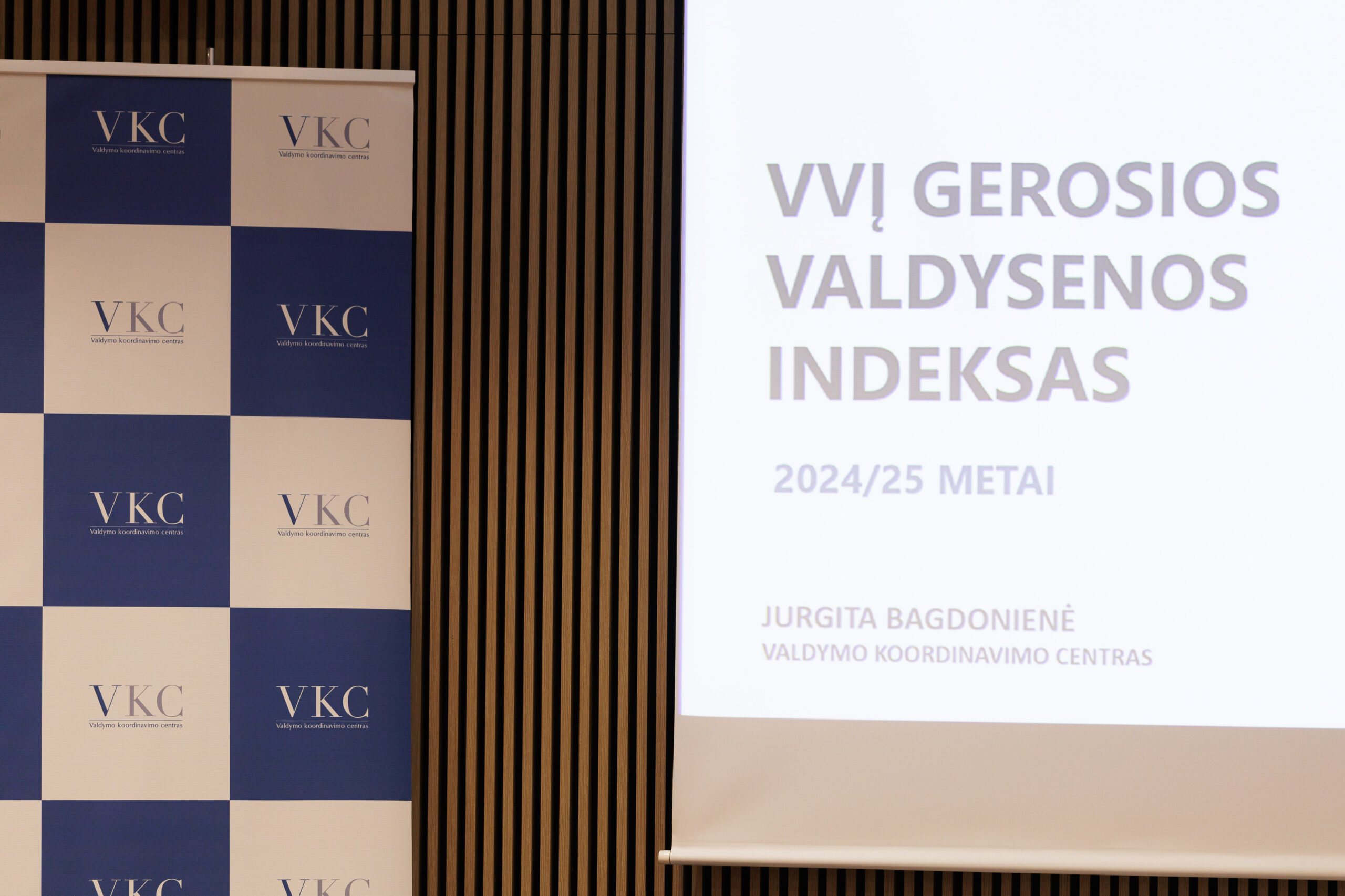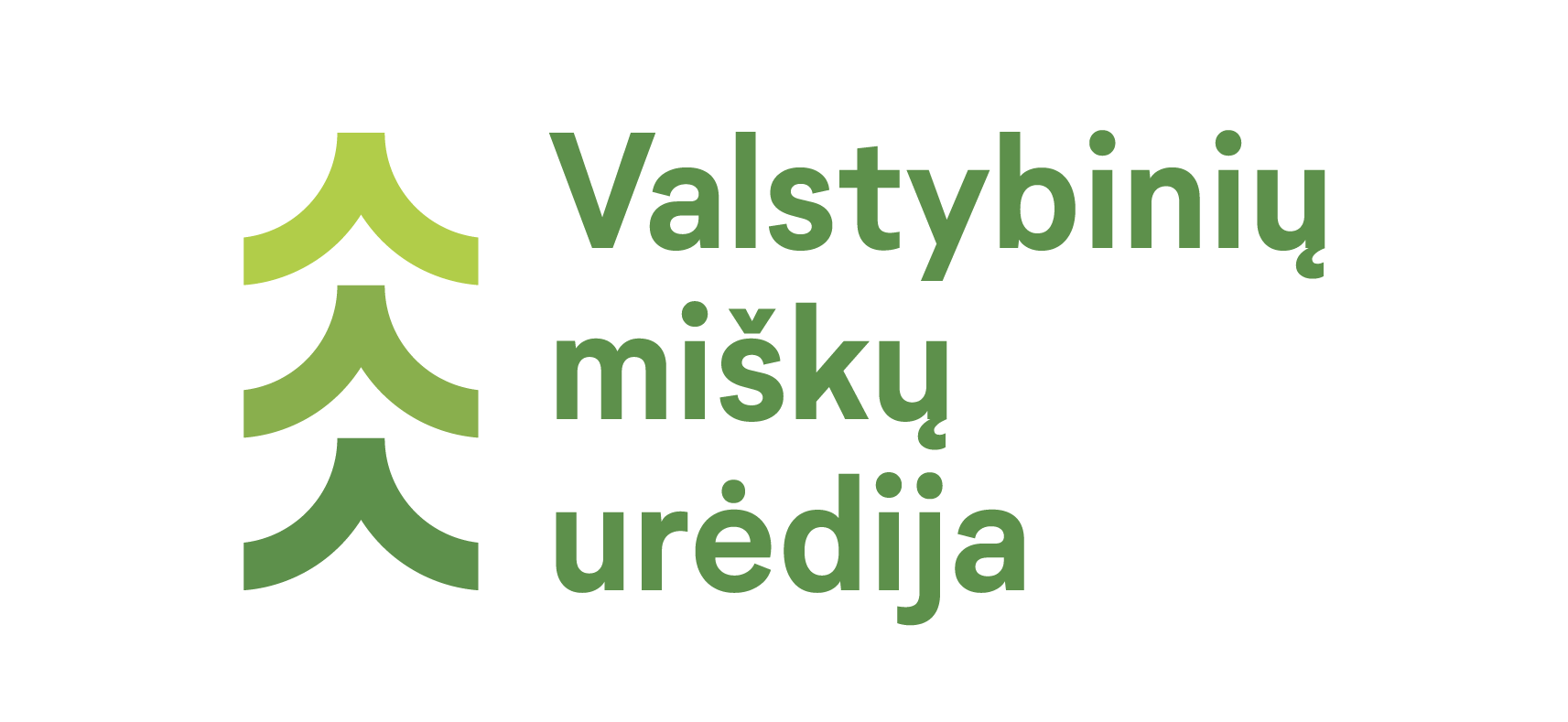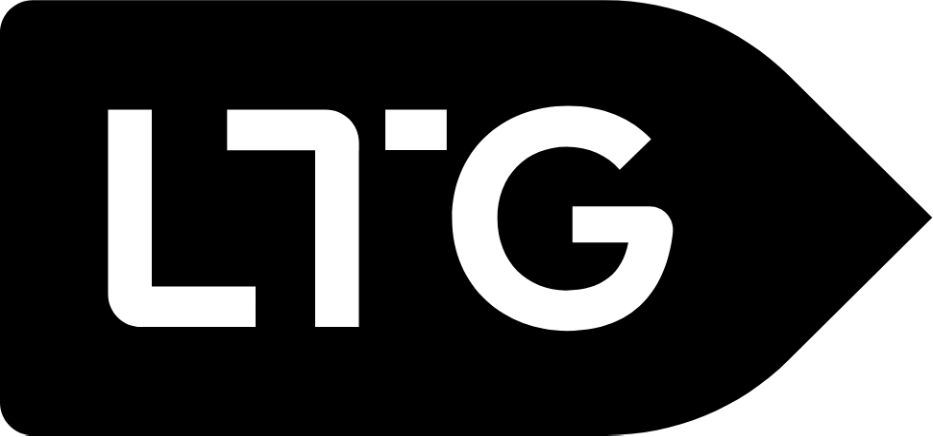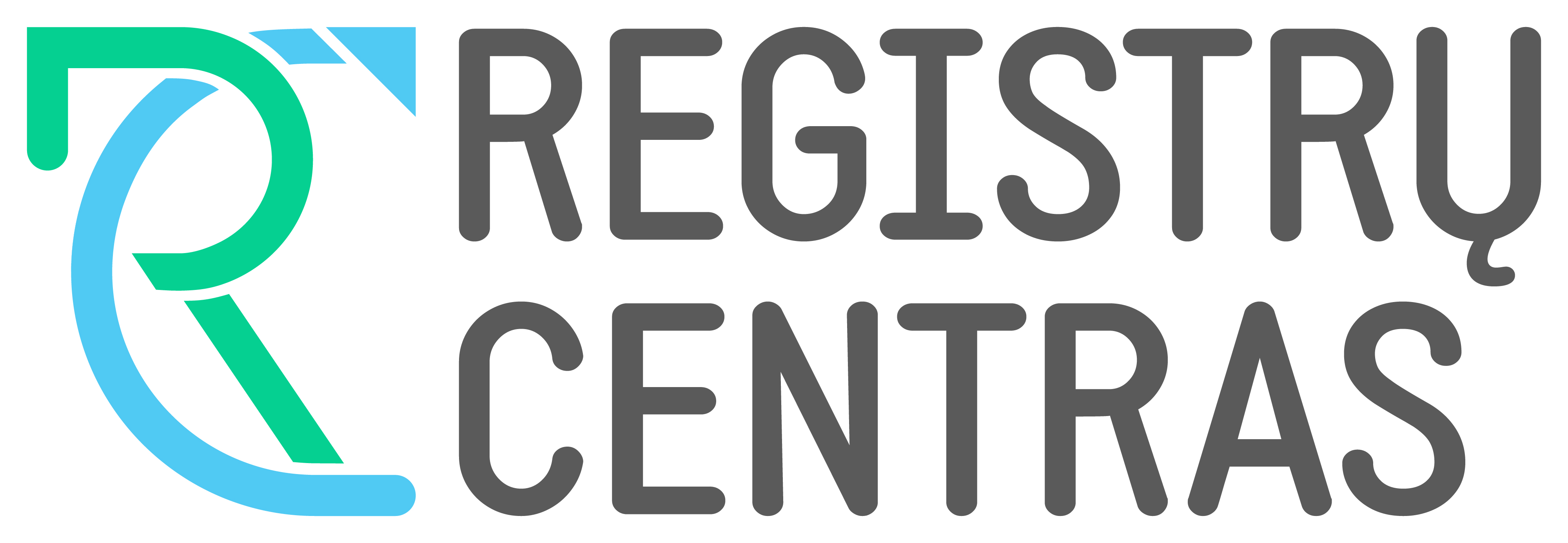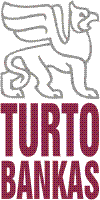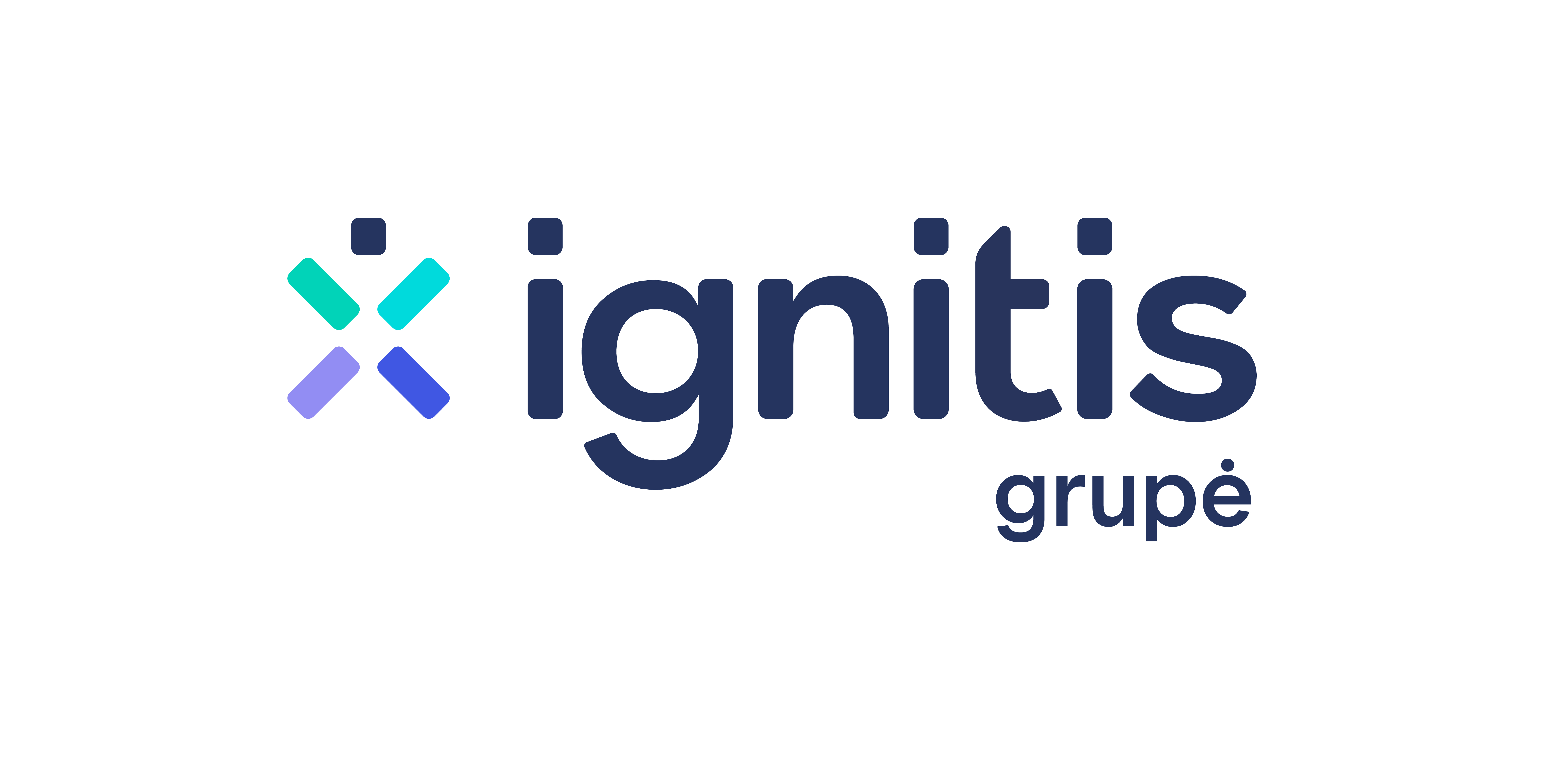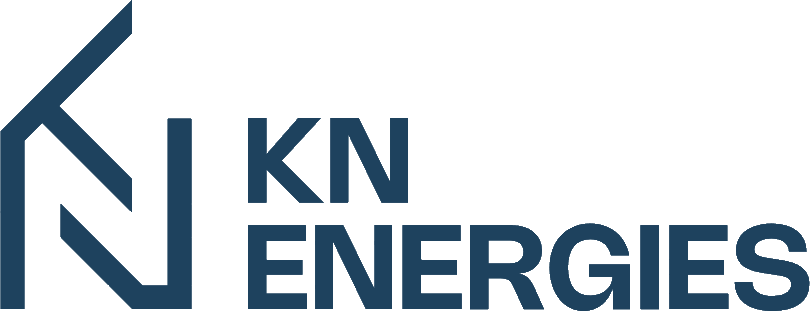SOE governance remains stable – positively assessed in 28 companies
The governance level of state-owned enterprises (SOEs) has remained stable in recent years, according to the latest SOE Good Governance Index presented by the Governance Coordination Centre (GCC). With the consistent implementation of good practices and an updated evaluation methodology applying a stricter “lowest criterion” principle, the governance of 28 out of 32 SOEs is currently assessed as average or positive. Among the strongest governance practices are board formation principles and corporate accountability, while sustainability management practices were rated the lowest among all governance criteria.
In the category of large companies, governance leaders are AB Ignitis Group, AB Lithuanian Railways, and UAB EPSO-G. In the medium-sized category – AB Smiltynės perkėla and UAB Toksika. In the small and very small company category – AB Detonas.
AB Smiltynės perkėla was the only SOE this year to receive the highest A+ rating in the Good Governance Index. Evaluated across specific areas, it was recognized as the governance leader. This demonstrates that good governance principles can be successfully implemented even in smaller companies without requiring significant resources.
AB Ignitis Group was awarded for best strategic management, AB Detonas was recognized as the leader in accountability, the State Forest Enterprise (Valstybinių miškų urėdija) was named the sustainability management leader, while AB Klaipėda State Seaport Authority was recognized as the sustainability reporting leader. The Ministry of Transport and Communications of the Republic of Lithuania received the award for most professional shareholder.
According to Jurgita Bagdonienė, Acting Head of GCC, the level of SOE governance remains stable: most governance principles are being successfully implemented, and no systemic shortcomings have been identified.
“The results we see today are the outcome of consistent implementation of good practices, clear regulatory guidelines, and active involvement of both shareholders and the companies themselves. We are pleased to see strong efforts by companies to apply good governance principles and comply with existing requirements. For example, although sustainability management practices were rated lowest this year, even in this area significant progress has been made over the past five years: large companies now have dedicated sustainability officers, conduct impact analyses, adopt policies, and set sustainability-related goals. It is important to note that the level of governance compliance is already quite high, and it is encouraging to see efforts to maintain it,” said Bagdonienė.
However, the Acting Head also pointed out that, as in last year’s SOE governance assessment, there still remains a gap between large and small companies.
“This gap is driven by several factors. First, smaller companies have fewer resources to implement good governance principles. This is especially evident when assessing anti-corruption practices and sustainability governance. Second, the small-company category includes several enterprises that make little effort to improve governance, thus distorting the overall assessment of the group,” Bagdonienė noted.
The purpose of the SOE Good Governance Index is to assess and measure how each SOE implements key good governance practices, which include the recommendations of the Organisation for Economic Co-operation and Development (OECD), the provisions of the Ownership Guidelines, Transparency Guidelines, and Nomination Guidelines, as well as other governance-related documents and global best practices. Currently, the SOE Good Governance Index is the most comprehensive tool for evaluating the quality of governance across all SOEs.
The Index methodology is reviewed and updated annually to reflect changes in legal regulations governing SOEs and evolving governance practices, as well as to increase its reliability and ability to accurately represent SOE governance.
Among the most significant changes to the 2024/25 methodology are a restructured Index framework and the creation of new dimensions. The collegial bodies dimension was split into the Strategic Management dimension and a newly created Shareholder Actions dimension. A new Sustainability dimension was also introduced. Additionally, the “lowest criterion” principle was applied, meaning that a dimension score cannot be higher than the lowest score of its component criteria. For example, if within the Sustainability dimension, anti-corruption prevention is rated B while sustainability management and sustainability reporting are rated A, the entire dimension will receive a B rating.
Due to these changes in the 2024/25 methodology, this year’s results are not fully comparable to those of 2023/24. Changes are discussed only in those criteria where no methodological updates were made or where the impact of changes can be evaluated.
The 2024/25 Index includes only SOEs operating at the time of compilation, with a total of 32 companies assessed.
Detailed results of the latest SOE Good Governance Index are available on the Governance Coordination Centre’s website: https://governance.lt/valdysenos-indeksas/#indekso-rezultatai

